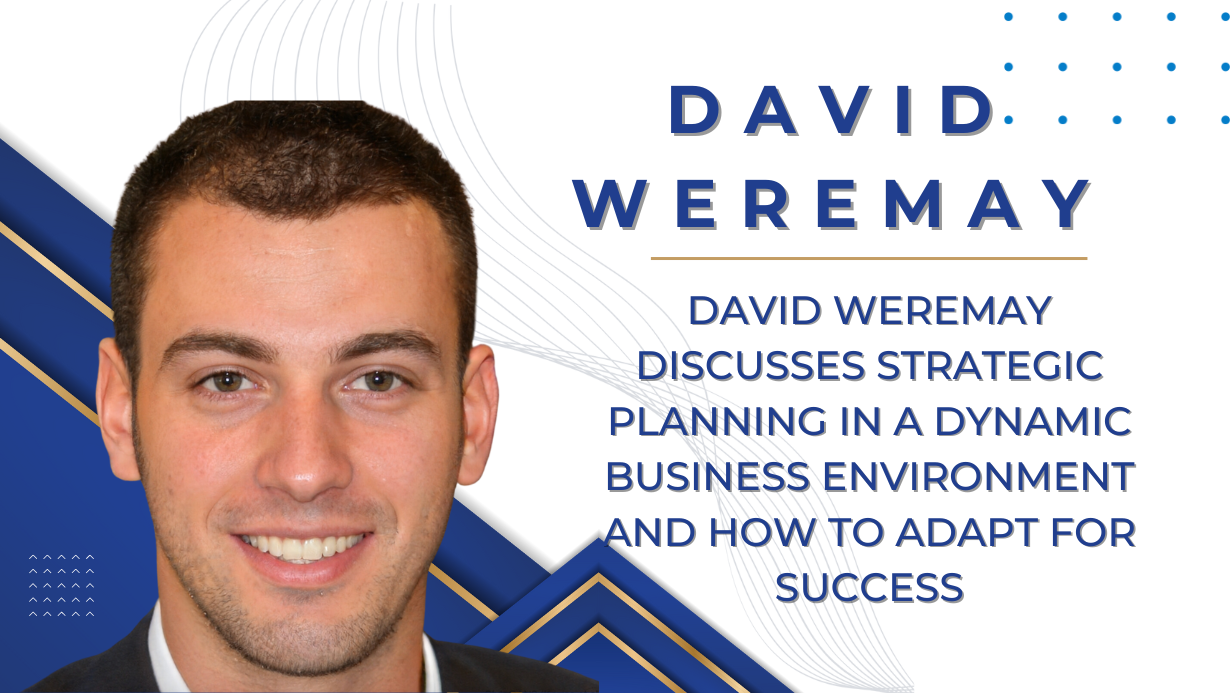Business finance and accounting are complex subjects, but as Corey Tanwir explains, it’s vital to develop a sound approach from the get-go.
It’s vital for entrepreneurs and startup founders to consider accounting concepts and financial management tips from the get-go. The right steps now could save entrepreneurs and their companies a lot in the long run. Meanwhile, poor preparation could not only inflate costs but also result in legal hassles and bureaucratic headaches. Fortunately, Corey Tanwir has advice for avoiding accounting and finance hangups.
“It’s always wise to have a financial expert on your team, even in the earliest days of founding your startup,” Corey Tanwir explains. “Can’t find one to join the team? Consider studying up yourself and also check to see if there are any organizations, say a business school, that provide free or low-cost resources in your community.”
One of the most important decisions you’ll need to consider right away, and one that will have a major impact on finances and obligations, is the type of structure to set up. A corporation, for example, typically separates the debt obligations of a business from the owner. Setup costs may be higher, however, and banks may not want to extend loans unless the entity already has healthy revenues, or else they may require a person, say the founder, to cosign a loan.
“From day one, you want to consider which types of business structures will work best for your given situation,” suggests Mr. Tanwir. “For tech startups, that often means an incorporated legal entity. But what works best for you will depend on your exact circumstances.”
It’s also vital that you get your finances in order early on. Many entrepreneurs and startup founders make the mistake of trying to sort their finances out as tax deadlines approach. This can lead to many problems, and what should have been relatively simple paperwork can turn into a complicated mess.
Fortunately, entrepreneurs can now tap into more affordable and easy-to-access resources than ever before. Many accounting software programs are now user-friendly, even for non-accountants. Many software solutions are quite cheap, especially considering the value they add and the time they save.
“If you’re starting a business, you may not want to spend time learning how to use accounting software. You might want to focus on other aspects of the business, such as marketing,” Mr. Tanwir says. “If you can afford to hire an accountant, that’s great, but if not, it’s really smart to look at software solutions and to use them from day one.”
Corey Tanwir Says Cashflow Issues Are a Major Threat
One of the biggest threats to new businesses isn’t generating revenues or even profits. Many business owners can drum up revenue. However, cash flow can be tight, and if not properly managed, even profitable companies may find that they lack the cash and liquidity to sustain operations.
“Cash flow problems are one of the most common issues that sink new companies, even ones that could have been successful with proper financial management,” Corey Tanwir notes. “By putting the proper finance and accounting tools in place, such as the right payroll cycle or bill payment calendar, businesses may be able to avoid cashflow issues.”












